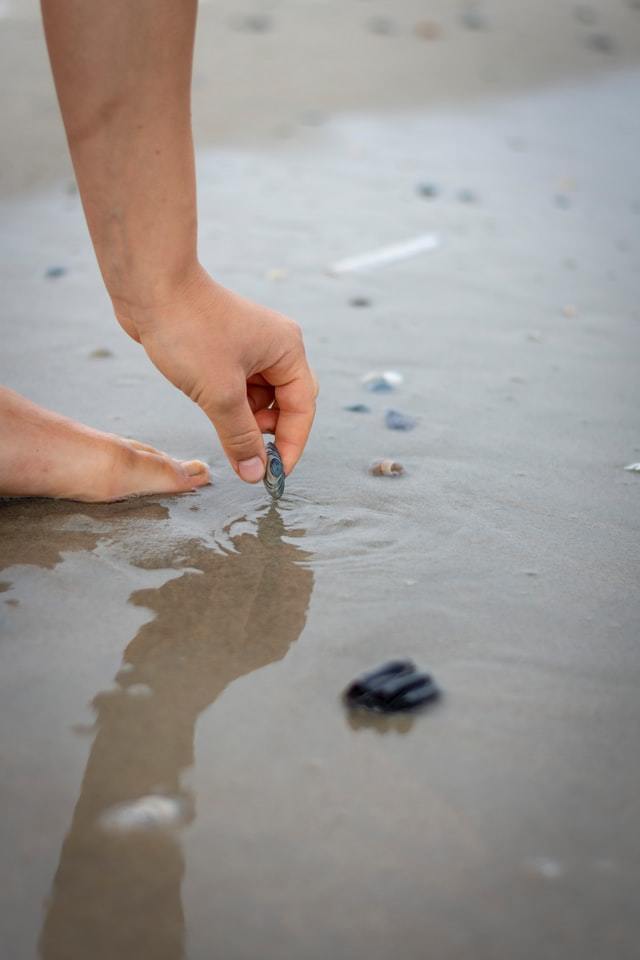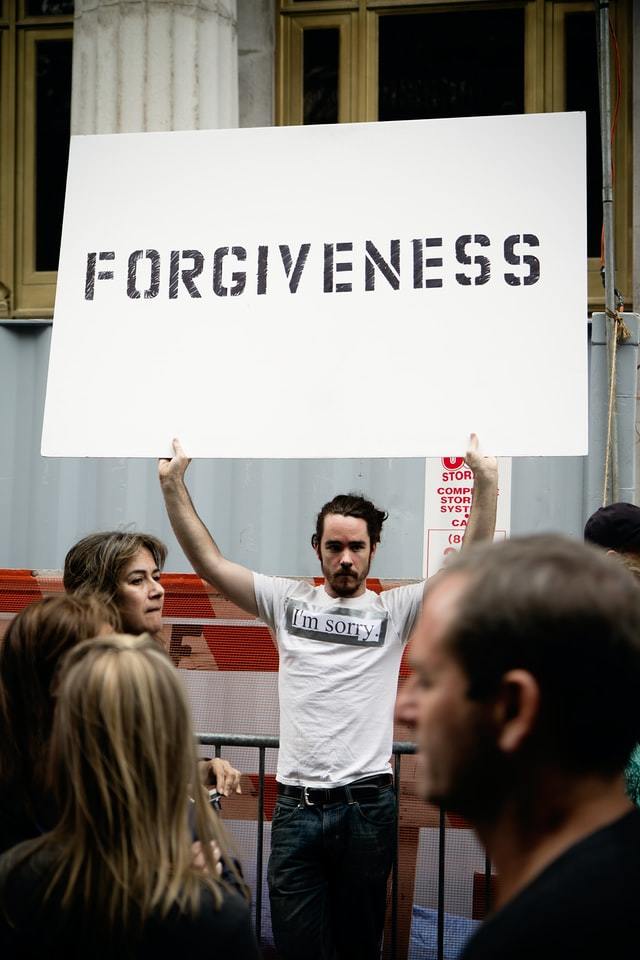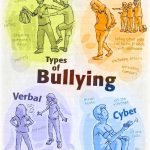“Forgiveness is the Tofu of the soul, a healthy alternative to the red meat of anger and revenge.”—-Anonymous
Whenever the word forgiveness is used or demanded of us, it can feel like a death sentence or an impossible task that can never be accomplished. Many situations have offended us, and these are either the government, our goals, or the people closest to us. The offenses that hurt us the most come from the people closest to us. Why? Because we’ve trusted them to support us or speak for us when we’re bullied or just to be there when we need them most. We felt the sting of betrayal somehow.
Choosing the path of forgiveness can be complicated, especially when we don’t even know what it means to forgive and the steps to follow. Some of us have learned or seen a bad model of what forgiveness looks like or read the filtered version of what forgiveness means.
What is Forgiveness?

Forgiveness is refusing to cling to the past or to an expectation of what a person or thing was meant to be. Recently, I had a clash with a friend. I was upset and shaking as I talked to her. I’m a bit of a perfectionist and I like to see things done well. This particular friend takes almost nothing seriously, not even his life. We were given a task as a team of content creators, but instead he chooses to complain, hangs on his phone during our roundtables, and tries to distract the other team members. Because I know we have a goal, I would go hard to get him serious with the task at hand, but to no avail. Sometimes I know I might be too hard on him because I believe he has a lot of potential that he takes for granted. We argued and he said I hated him because everyone else in the band seemed to say little or nothing to him.
Looking back, I found that the reason we often clash is that I had an idea in my head of how he was supposed to live his life or behave, and I felt that I had the tools to change it if he could only listen. Such an expectation is unrealistic, especially when the person sees no need to change their behavior. So you see my friend I was offended and let emotion control me and my peace of mind. An offense can be picked up or put on you. In my case, I picked up the offense.
An offense is either picked up or committed

Let’s get to the basics. How does unforgiveness begin? First of all, it starts with being offended by everything. Blow things out of proportion or just choose to stay hurt. An offense is like a breath of stale air from which one has not turned away instead of inhaling it. You’re offended because you couldn’t throw the graduation party or prom of your dreams. You took offense in the president’s speech, you’re offended by your brother’s refusal to do the right thing or the number of followers you haven’t had on social media. How about being offended by those friends who refused to send you birthday wishes on Instagram. Other types of offenses are those inflicted upon us through a parent’s divorce, rape, verbal or emotional abuse that we have experienced that was not even our fault.
Steps to Forgiveness
Examine the situation:

There are issues that we exaggerate that don’t even need the world’s attention. Trivial questions like the ones listed above are easy things to drop. Investigate the problem carefully before injuring yourself. Issues like being lied to by a friend or classmate which resulted in suspension from school or work, sexual assault, rape, abandonment issues, etc. This kind of situation leaves scars in our hearts.
Don’t deny your hurt:

Don’t try to brush off a problem as if it never happened. A lady was sexually assaulted by her father when she was five years old. She never talked about it. Several years later, when she had her daughter, her father also molested his granddaughter. If she had spoken up or wasn’t underestimating her father, she could have warned her daughter. Just because someone says they’re sorry doesn’t mean they’ve changed. You may need to watch from a distance or talk to an authority figure or someone who would see things objectively and tell if such a person has changed. This process cannot be rushed. Remember the seriousness of the situation.
Mourn

Grief for what has been lost because every painful offense involves some loss. It can be time, trust, or your emotional investment.
Place blame appropriately:

Don’t blame yourself for your parents splitting up when you were only five years old because you didn’t even know what divorce was. It was your parents’ decision, not yours. But if you took something that wasn’t yours, don’t blame the owner for leaving it around, it was your responsibility not to touch it anyway.
What is the lesson to be learned:

It’s okay to be angry about what happened, but it shouldn’t turn into anger. Find out what lessons they should learn from this situation. Don’t get stuck in anger because it can control your life from within.
Having a community does not isolate itself in shame:

Please walk the path of forgiveness with someone who sees things objectively. This may be a professional adviser or someone you trust. Find someone who would be willing to tell you when it’s time to stop sitting on your feelings forever.
Choose forgiveness:

Choosing forgiveness does not mean that you tolerate what happened to you, but you will be careful not to allow such a situation to happen again. Sometimes it may be necessary to create a boundary until you are in the right frame of mind. Also, choosing forgiveness means you’re not going to bring the issue up against the person or blame it on them.
Even though they may hurt you again, for example, you are not going to mention their previous mistake. Whether they apologize or not. If you want to reconcile, that’s your choice. If you think this person is a changed person and you are open to the option, why not do it.
The benefits of forgiveness

1. It gives peace of mind and you don’t have to always dream about it.
2. Your health is not threatened by cancer or high blood pressure due to stress.
3. You become wiser and more mature in your dealings with people.






